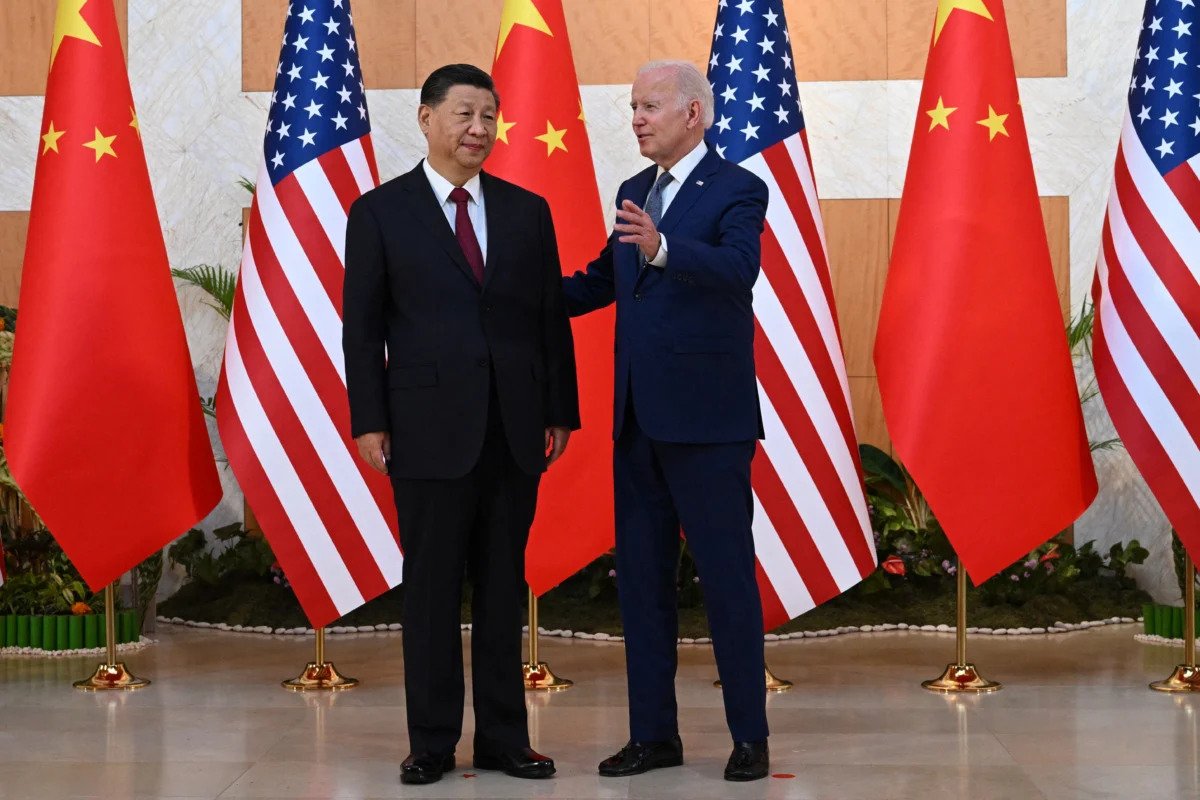A new research paper by Chatham House says that the West and China must work together on solutions to African debt distress, which is likely to worsen in 2023.
The report says that although China’s lending to Africa did not cause the current African debt distress in most cases – Chinese lenders account for 12% of Africa’s private and public external debt – it must cooperate with the West, as well as leading African nations, to benefit all parties and support Africa’s investment needs, after a tumultuous year of recession for most economies on the continent.
“Attempts to tackle debt distress in Africa urgently need to be separated from the broader geostrategic competition,” says the report.
“The overall sovereign debt situation in Africa is serious and looks set to get worse. But technical disagreements and limited political will to overcome them, between China, Western governments, and the private sector, mean that the key mechanism for providing debt relief multilaterally – the Common Framework – is progressing very slowly.”
The authors recommend that the G7, led by the incoming Japanese presidency for 2023, develop and build support for a new three-part plan to be eventually embedded at the G20 level on debt relief and future investment in Africa.
The plan would include a broad-based dialogue led by, but not limited to, the G7, China and leading African nations on Africa’s medium- to long-term external financing needs; a high-level political understanding between the West and China on the mutual benefit of strengthened cooperation to address African debt distress; and a detailed action agenda, led by the G7 and G20 Finance Tracks, to address obstacles to faster implementation of the G20’s existing Common Framework for Debt Treatments.
“In short, this would make an offer to China to engage on a broader multilateral approach over the long-term, and respond to the expressed wishes of African nations on how they want the issue of debt distress and long-term finance to be dealt with at a global level. If successful, it would help deal with the rising threat of debt distress facing some key African economies in 2023 and beyond and would also put in place a longer-term framework, which would have substantial benefits not just for individual African nations, but also for the wider world in the fight against climate change and global public health threats,” the authors write.








